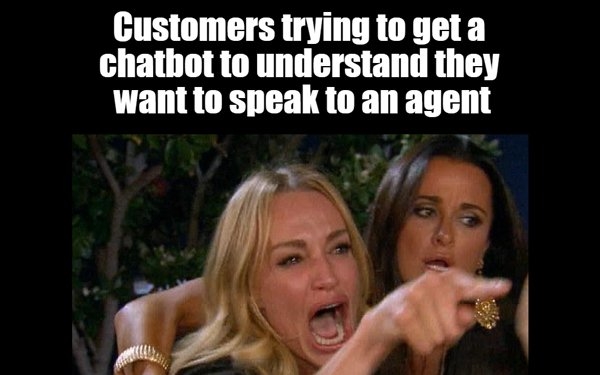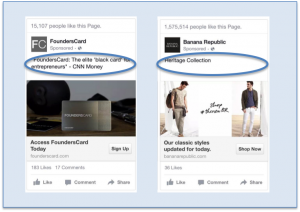Traditional Chatbots Fail To Make Sense, Study Finds

Conversational artificial intelligence built into chatbots has moved beyond keywords used in traditional search to create a response, which is why the maker of ChatGPT — OpenAI — has attracted so much attention.
About 75% of customers participating in a survey from consumer-experience company Cyara conducted by Forrester Consulting said today’s traditional chatbots cannot handle complex questions well.
Almost half of respondents to Cyara’s survey said that chatbots have provided them with responses and/or solutions that did not make sense in the context of their question.
Customers also struggle to find alternate resolutions to their problems with chatbots, with more than half reporting they are often unable to connect with an agent even after exhausting the chatbot’s responses.
Cyara’s study, which explored consumer sentiment about chatbots and was fielded in November 2022, polled 1,554 global consumers who have used sales and/or support chatbots in the last six months.
The study reveals that 51% of customers are often unable to connect with an agent using a chatbot, and 35% said they would avoid chatbots altogether for future questions following a negative experience. Some 40% of chatbot experiences are viewed as negative and half of consumers say this impacts their view of the brand.
For most respondents, chatbots were the top way that consumers typically interacted with brands in the last six months.
However, consumers surveyed gave their chatbot experiences an average rating of 6.4 out of 10 or 64% — equivalent to a D grade. When specifically asked about their chatbot interactions, 50% of customers said they often feel frustrated.
Customers like to use chatbots for the support. Many brands offer faster response times. The customers that have used chatbots in the last six months rank them higher than speaking directly with an agent or any other digital avenue, and 61% of customer are more likely to return to a brand following a positive chatbot experience.
About half believe the chatbot experience is a reflection of the overall brand.
Following a positive chatbot experiences, 61% of the customers surveyed said they are more likely to return to a brand. While 56% of respondents are more likely to seek out chatbots in the future after a positive experience with a chatbot. They are also far more likely to recommend that brand to others afterward.
(17)







